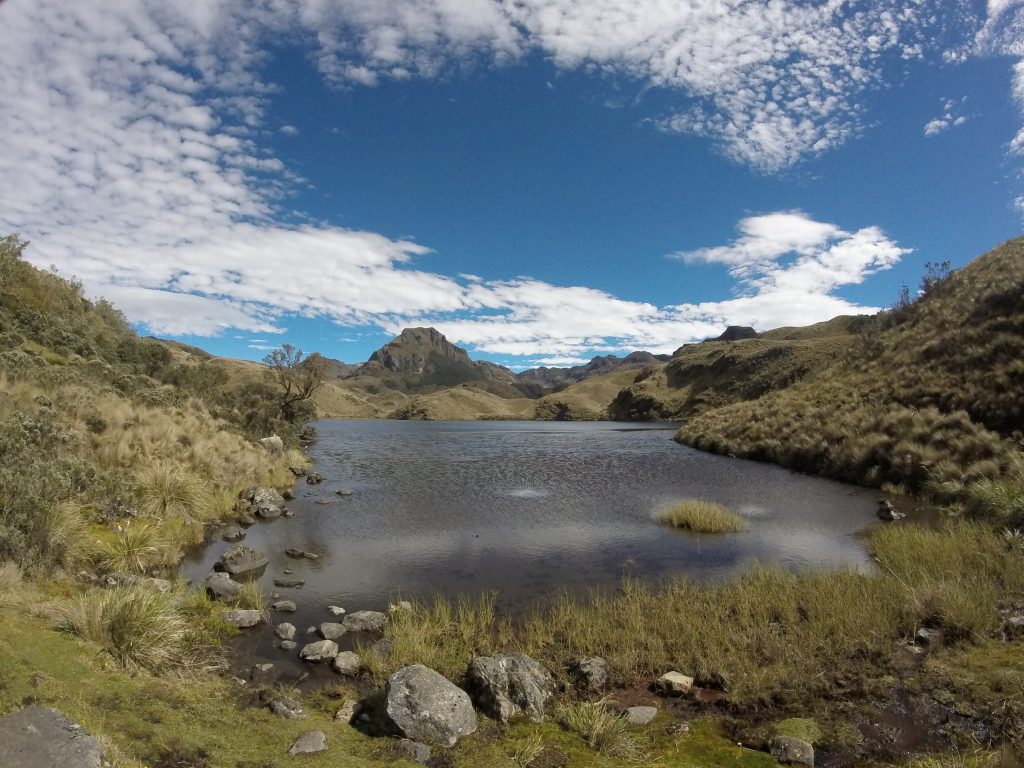Understanding how freshwater ecosystems respond to environmental change requires knowing whether recent changes are within the bounds of natural variation or if these systems are, instead, entering new states.
I am Xavier Benito-Granell, an aquatic ecologist and new SESYNC Postdoc Fellow working on questions that revolve around the long-term resilience of diatom communities and their ability to capture regime shifts in lakes. My project, co-developed with my external mentor Albert Ruhi, aims at identifying abrupt transitions in palaeoenvironmental records of high-elevation Andean lakes.
We are applying time-series methods on a unique combination of diatom community data, biophysical data (pollen and sediment geochemistry), and human data (archaeological records). This historical perspective combines data at decadal to millennial scales, and allows asking whether early-warning signals precede regime shifts–something that would be useful to try identify lakes that may be on the verge of a critical transition. We hope this work will advance our understanding of the long-term dynamics and trajectories of high-altitude lakes, and of their responses to ongoing anthropogenic and environmental change.

Paramo landscape around Lake Patoquinuas, Cajas National Park (Ecuador)
